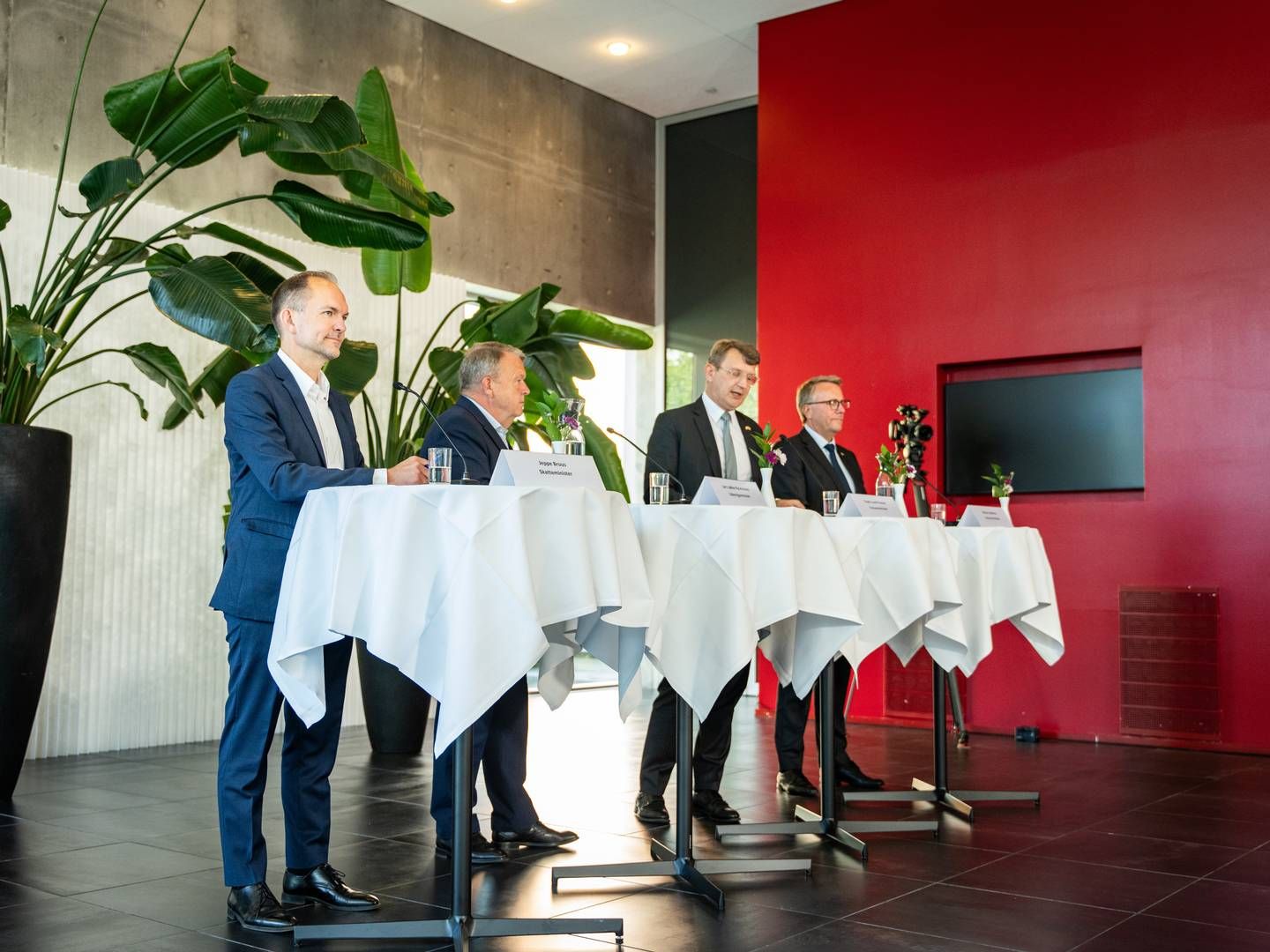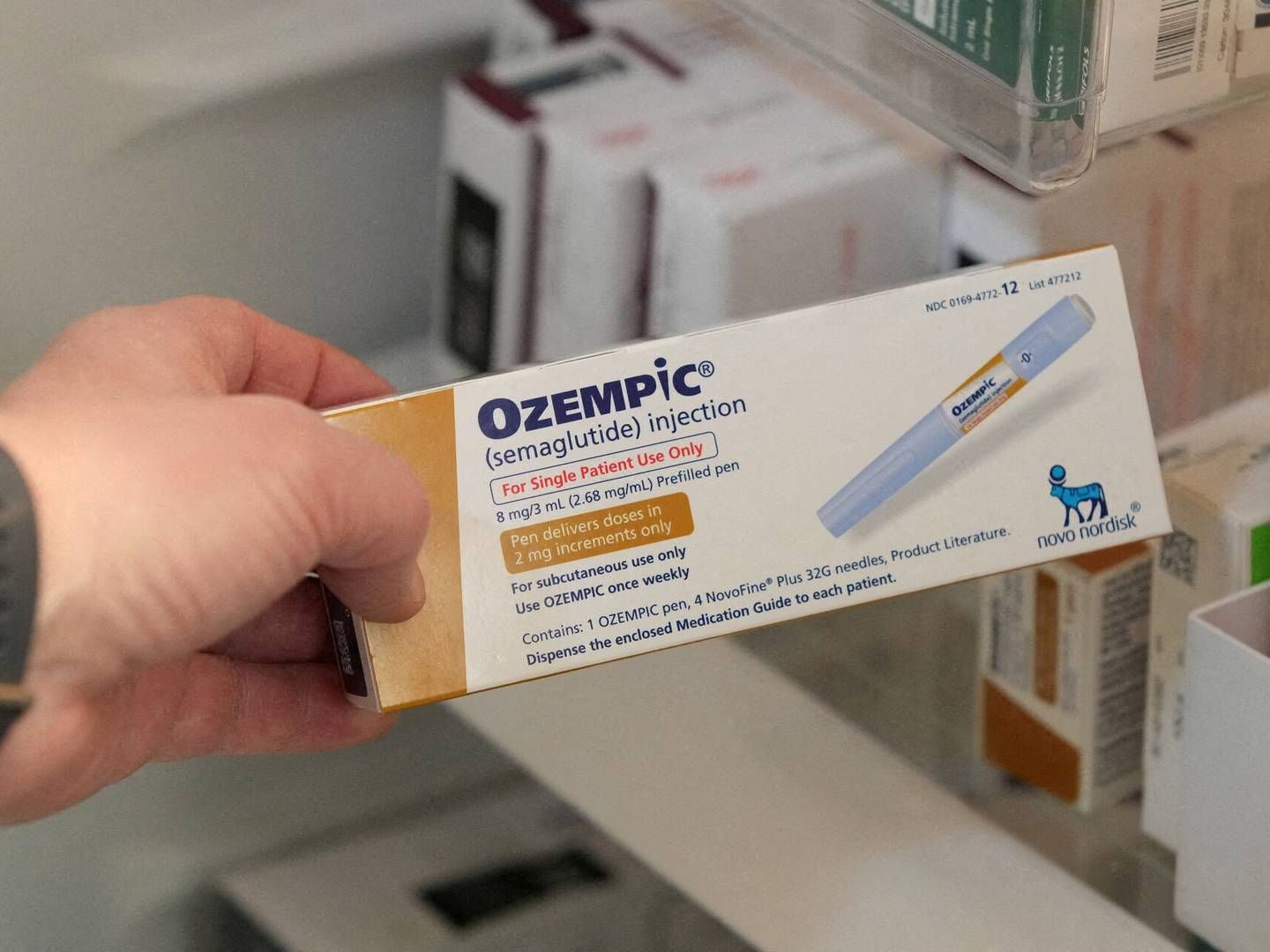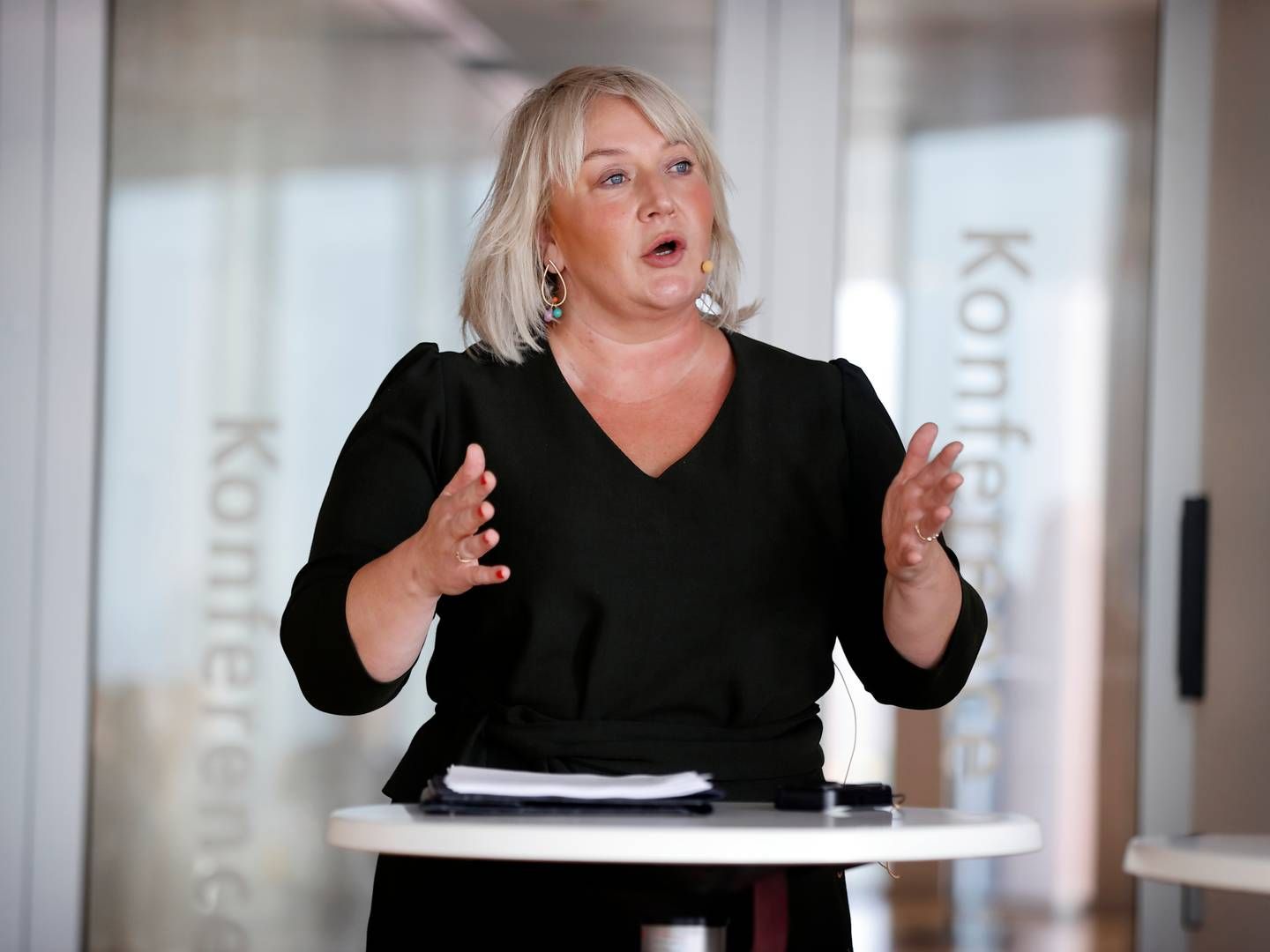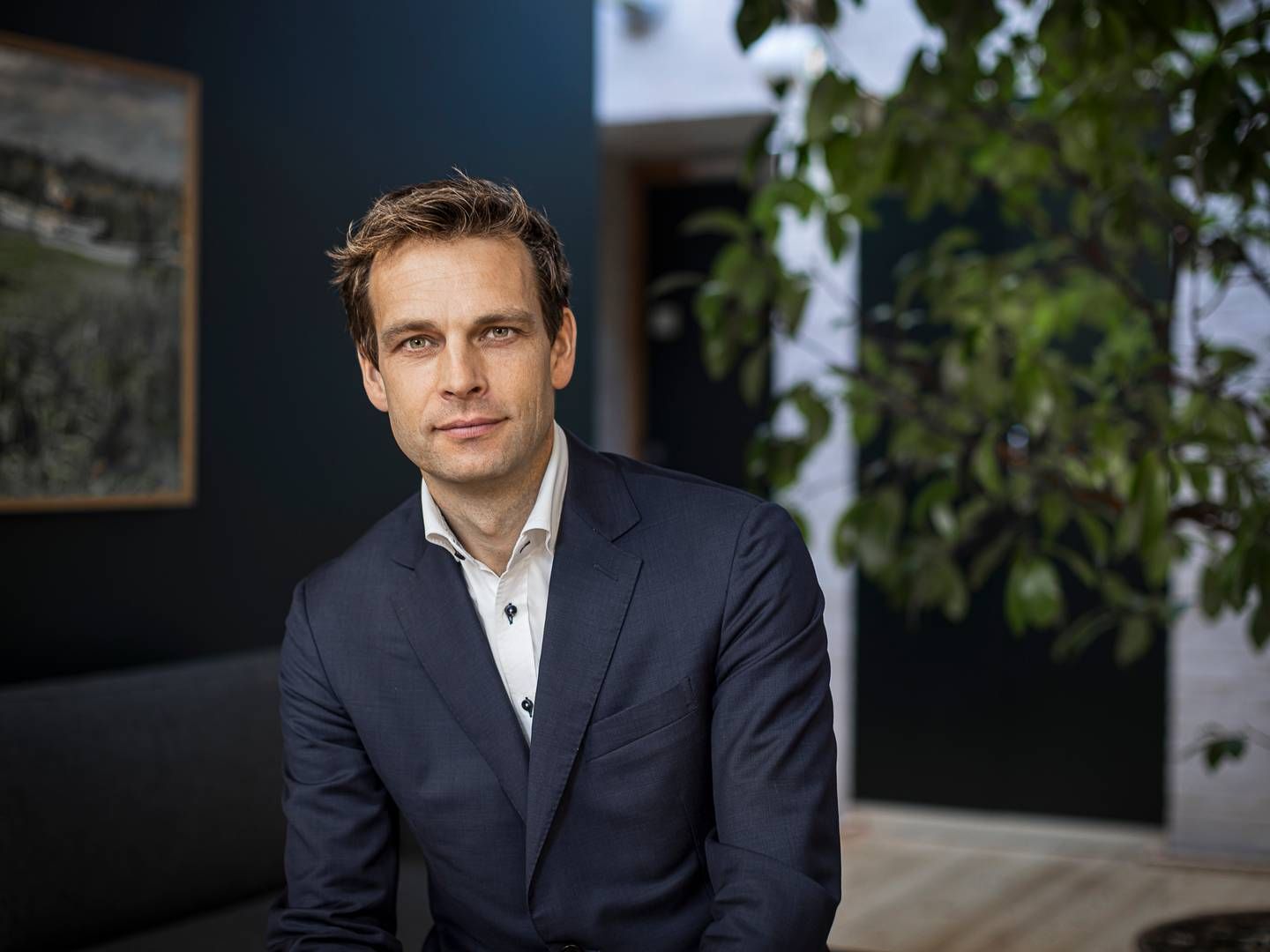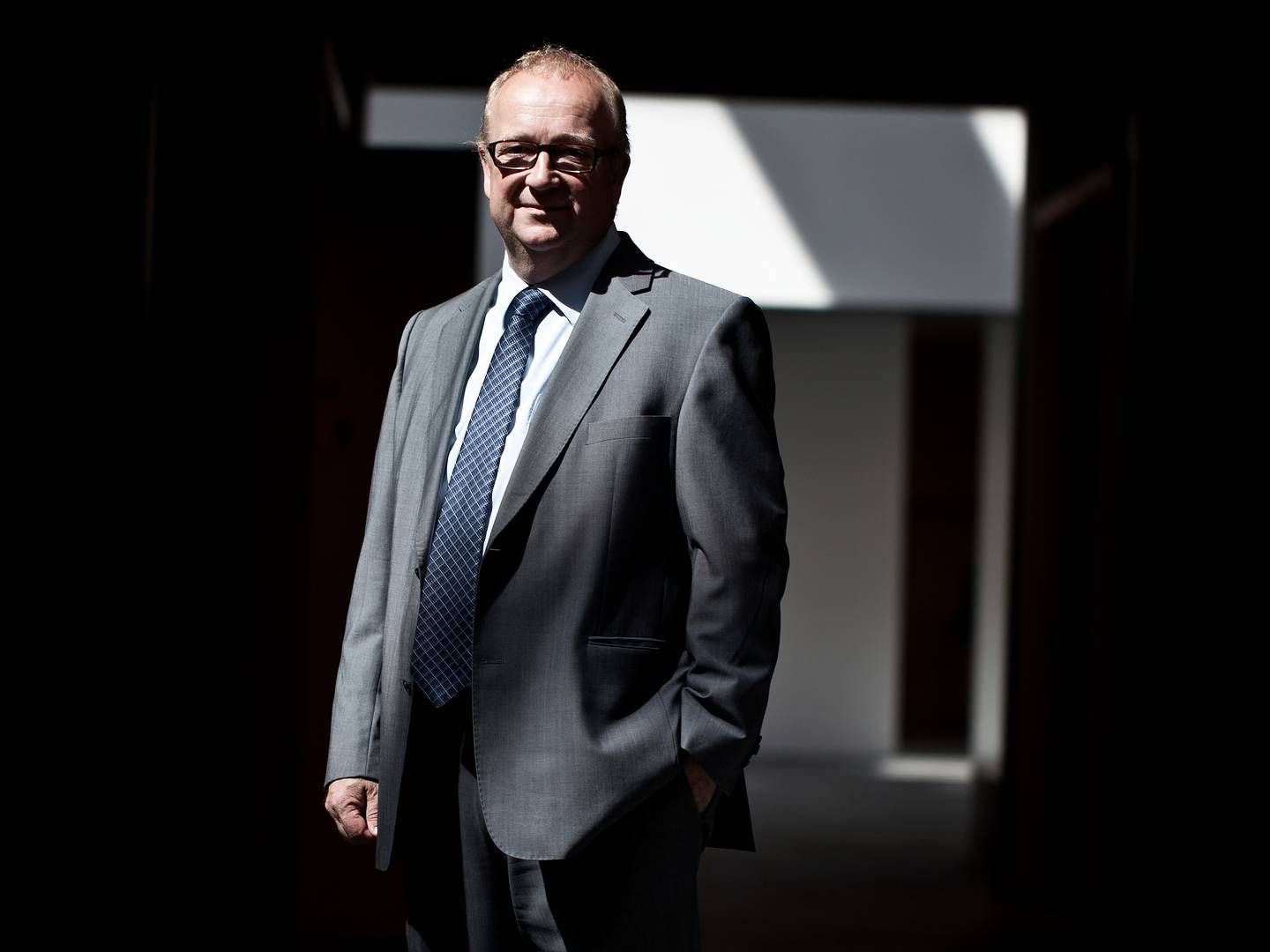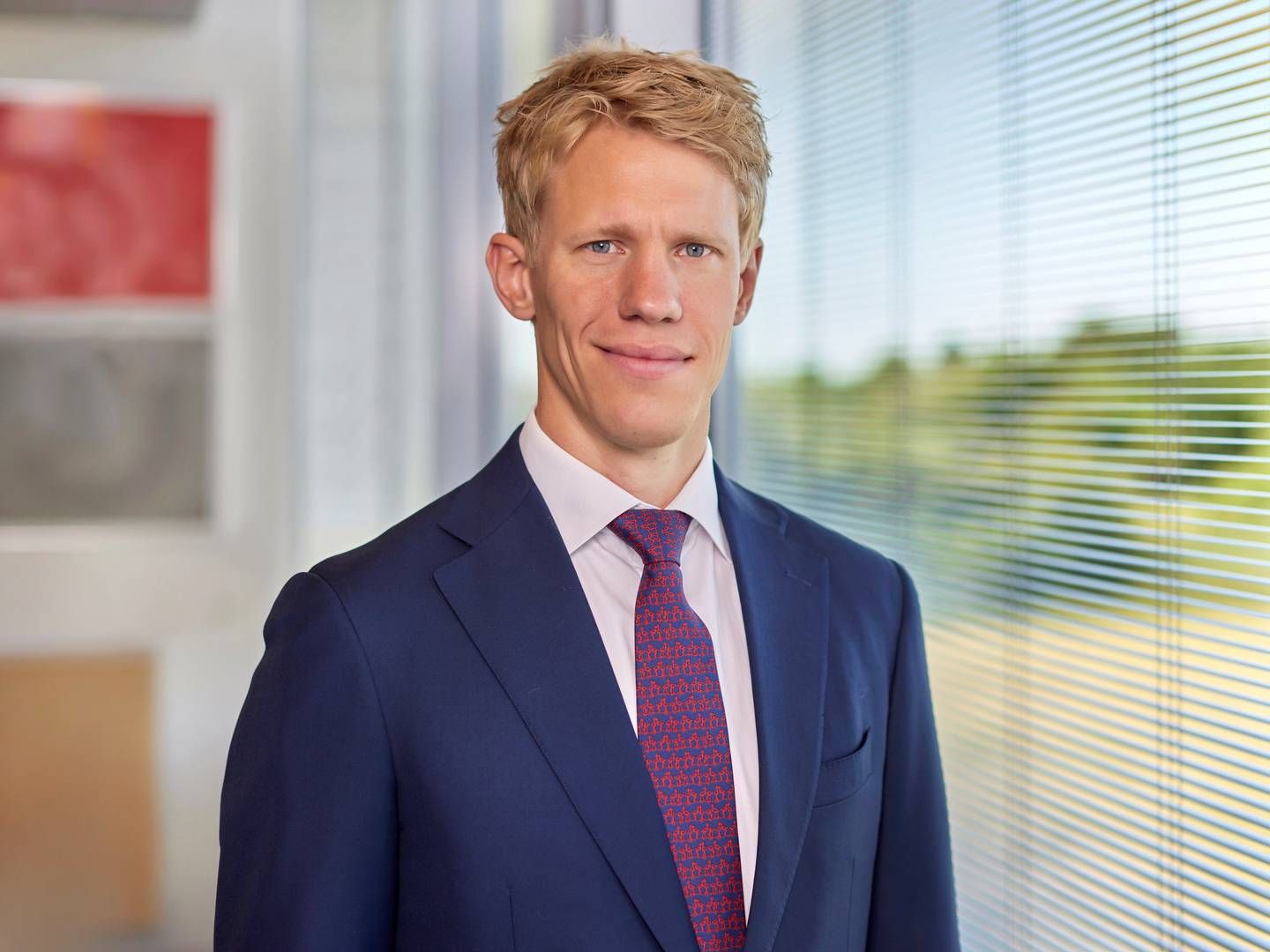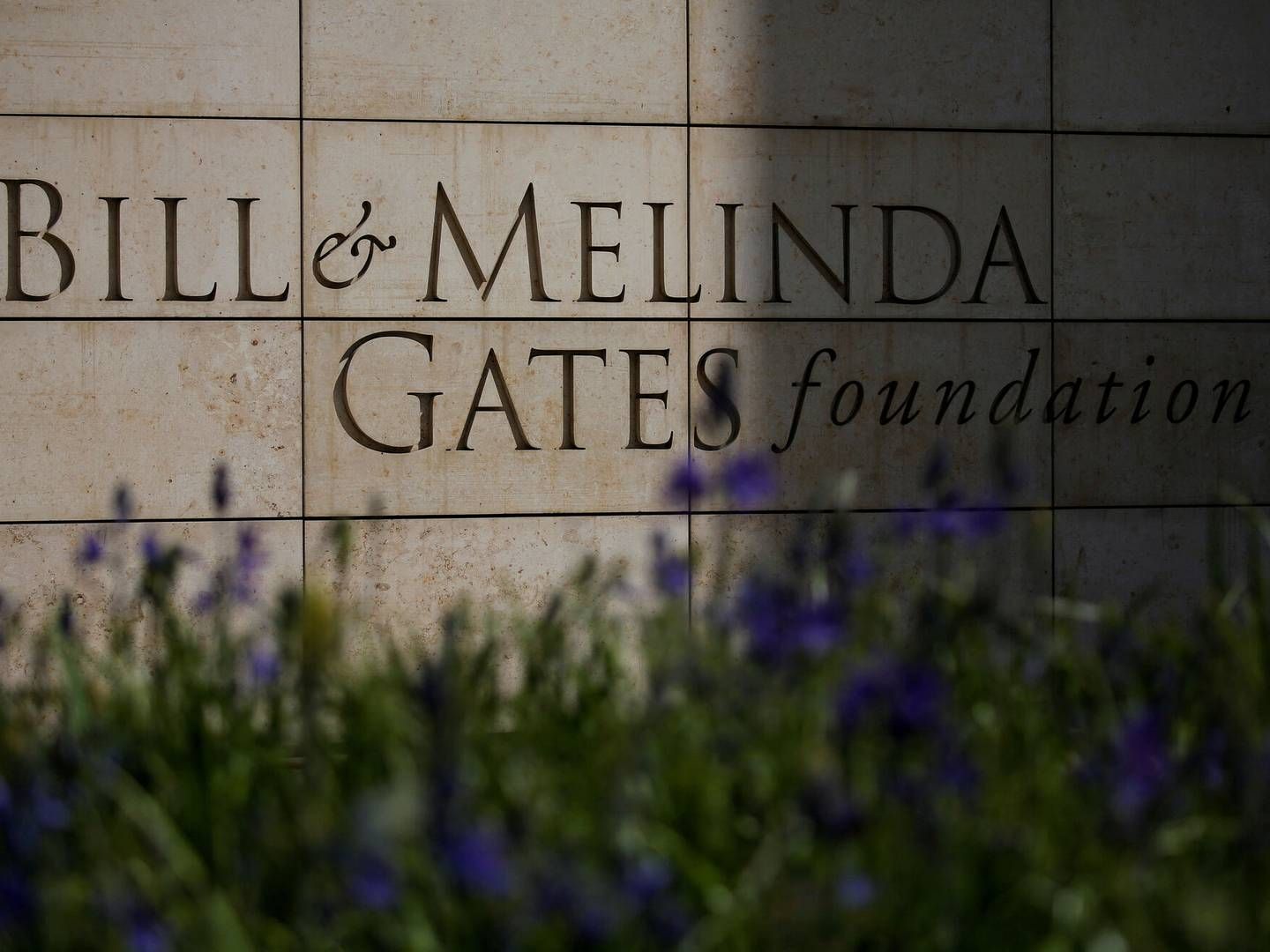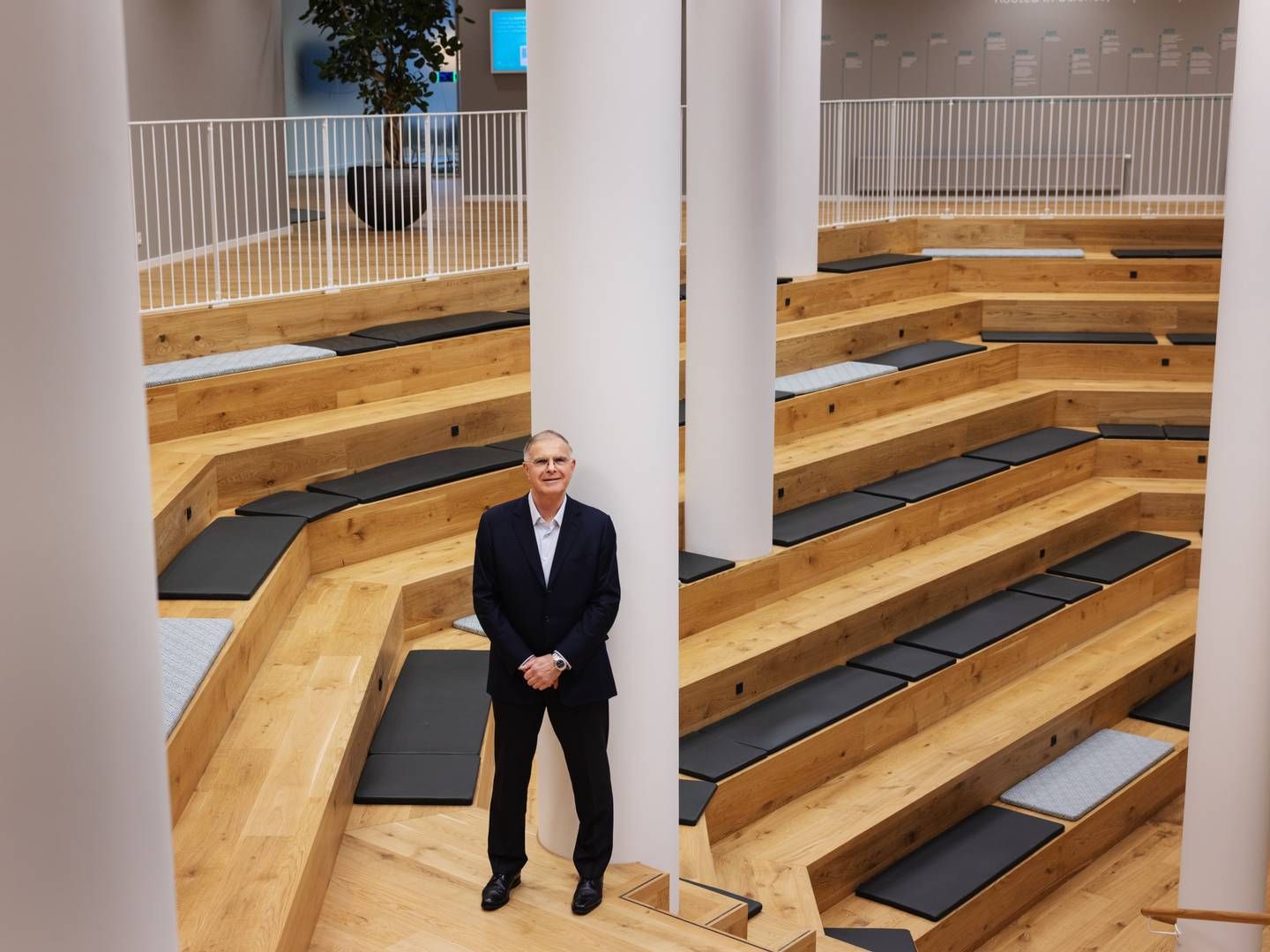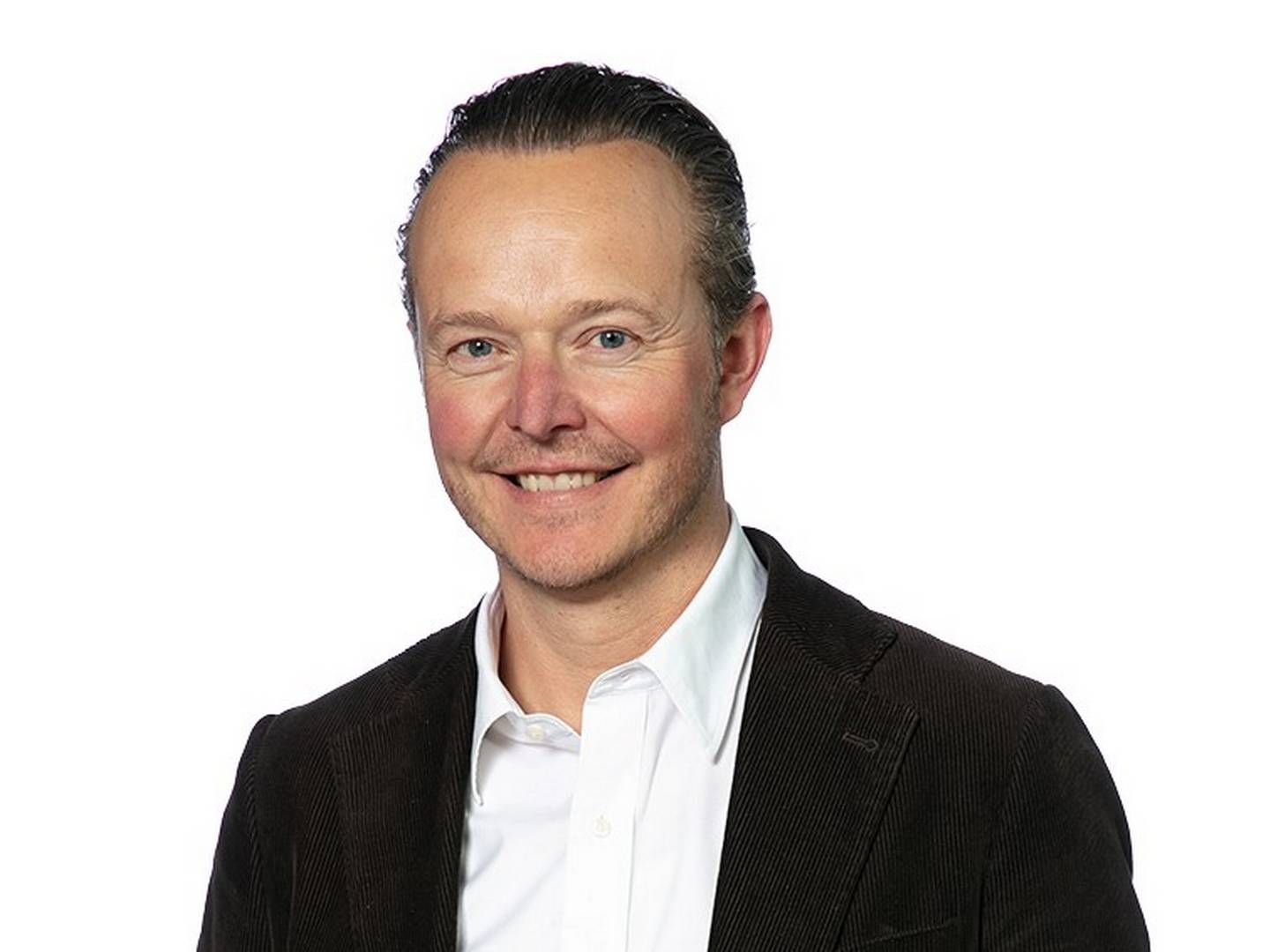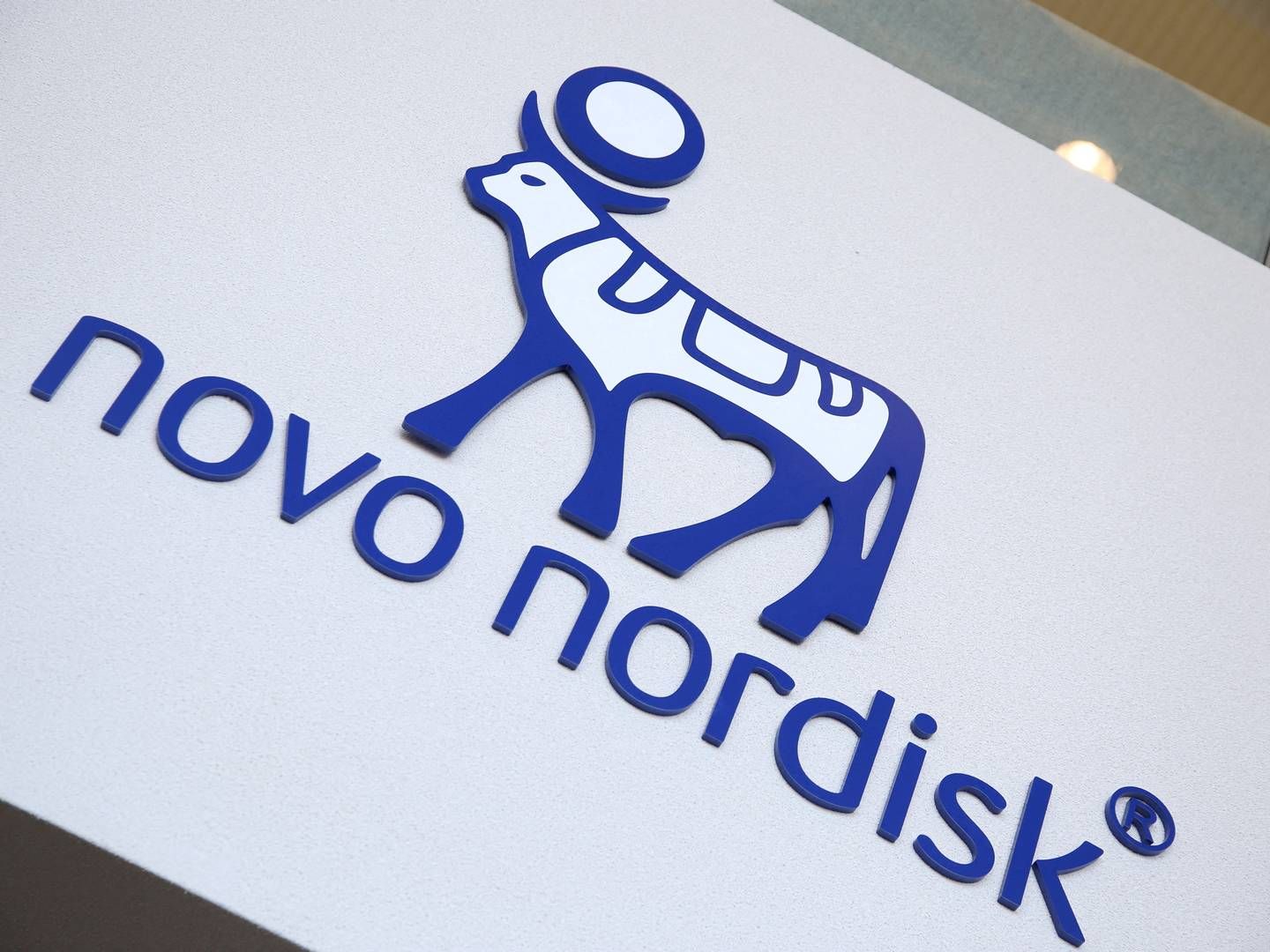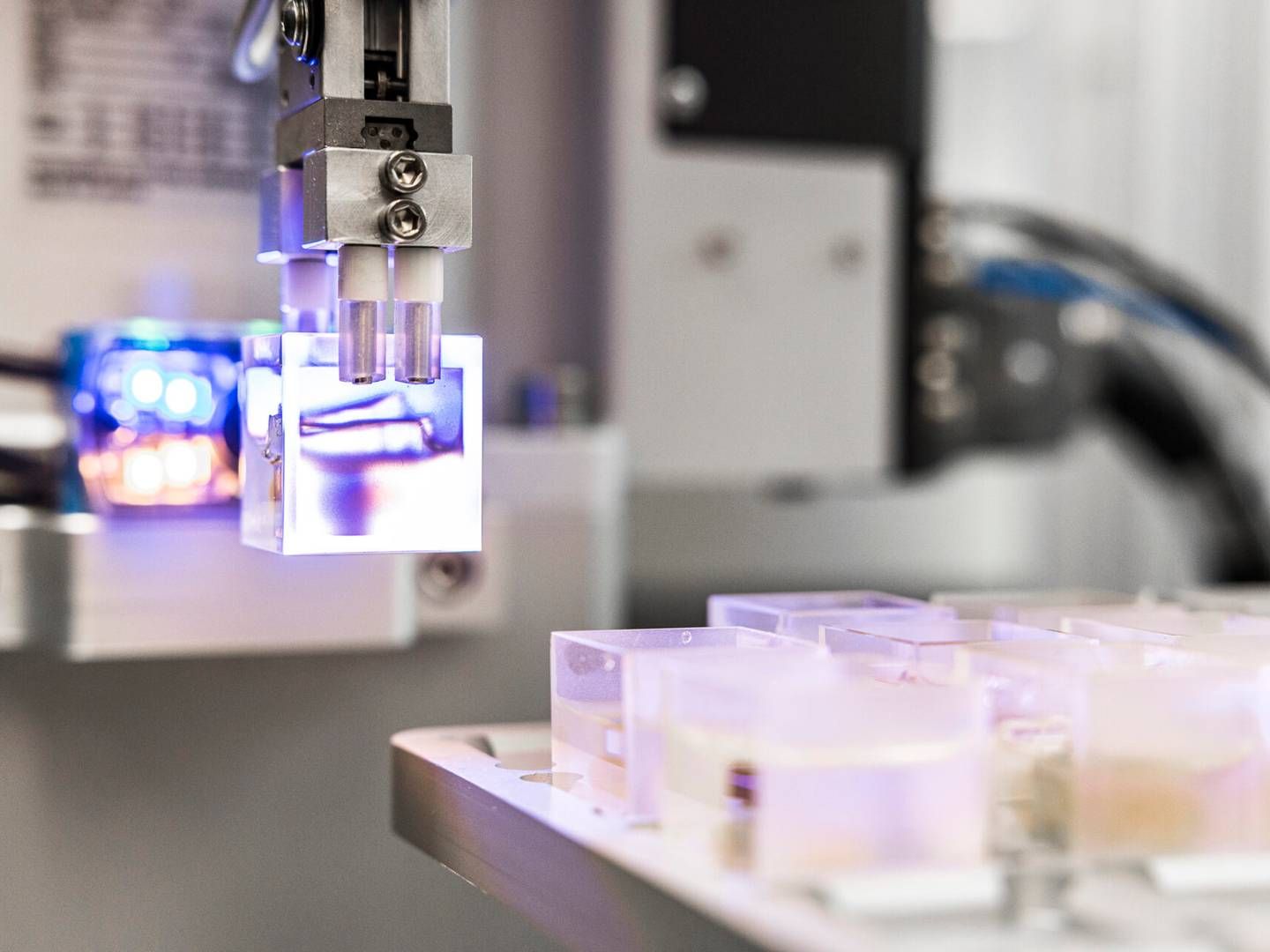Bioneer prepares for expansion after new year with high growth
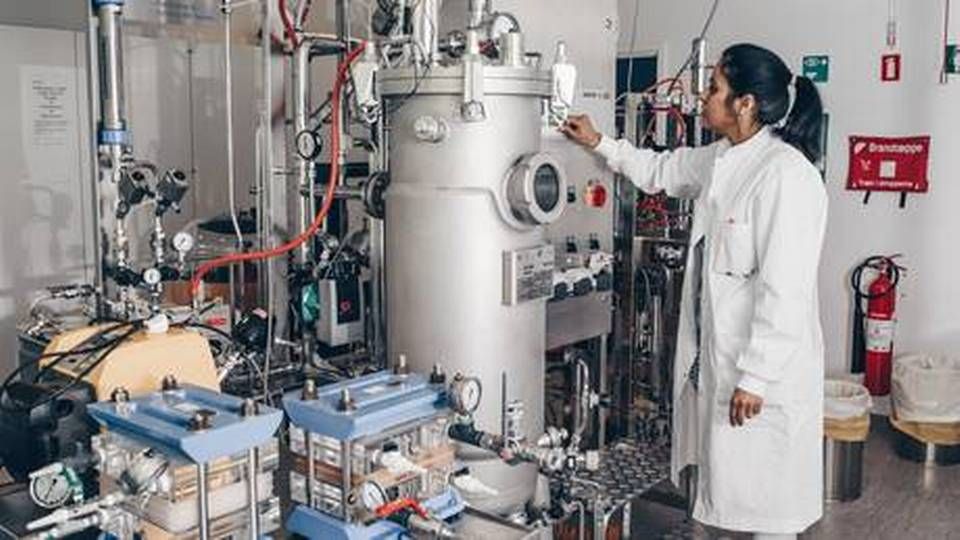
Progress in a number of Bioneer's business areas for the second consecutive year means that the DTU-owned contract research firm can boast of solid economic improvement.
"We have had a good year, although there wasn't as much progress as last year, but we couldn't necessarily expect that. So we are very satisfied with 2019," says CEO Lars Hagsholm Pedersen, referring to the jump in revenue that the company achieved from 2017 to 2018, where the revenue increased by 642 percent, up to DKK 10.4 million (USD 1.6 million).
From 2018 to 2019, the revenue doubled to DKK 20.8 million (USD 3.1 million) - despite the fact that the average number of full-time employees only increased by 1, to 46 people.
"Part of the demand comes from the fact that we have had an active marketing effort. We can also see that more smaller life science businesses have been established, who are often among those who use our services in Denmark and Sweden," says Hagsholm Pedersen.
Growth in crispr demand
The growth comes from several places, and Hagsholm Pedersen is especially excited about the progress within the organization's protein manufacturing business.
"If our clients have interesting protein candidates, which they want to develop into drug candidates, we can both produce the protein for them and create a production recipe, so it can be used in further development, for example, at contract manufacturing facilities. Bioneer does the very early development of proteins, and this is an area where we definitely expect progress," he says.
Bioneer also expects progress in the company's pharmaceutical unit at Copenhagen University, where they are currently developing a new intestinal model to analyze drug activity in the digestive system - much of Bioneer's work is done in collaboration with universities.
The demand for Bioneer's projects involving gene editing technology crispr is also higher. Bioneer licensed the product relatively early on, meaning it has managed to get a number of crispr clients in Denmark and abroad.
Plans to expand
Bioneer wants to meet the new demand, and has a number of ideas about how the company can expand the services it offers.
"The plan is definitely to try and expand the business, and that is something that we need to put into place in the not too distant future," says Hagsholm Pedersen.
The conditions for expansion are slightly different for Bioneer than for other companies, however. As well as being a contract research company, Bioneer is also a GTS institute (godkendt teknologisk servicevirksomhed, approved technological service business, -ed.).
GTS institutes like Bioneer must live up to government requirements about independence, professional evaluations and legal and financial control. As it is a non-profit, Bioneer must reinvest its profit - it cannot just be used on the company.
"As a GTS institute, we can't just accumulate resources. Bioneer has a societal responsibility to build up our competencies and technological infrastructure, so we can provide services for Danish and foreign businesses, preferably in collaboration with research institutions, who are important partners. However, we do need to use resources so that the business continues to be healthy and make commercial sense," says Hagsholm Pedersen.
As a GTS institute, Bioneer is not meant to compete with the same market conditions as much larger Danish and international contract research companies.
"We live off very specialized and nice services, and Bioneer needs to continue with this. We are not a volume company. We try to fulfill the need for some specialized services very well, and through this, be a very strong, science-driven research and development lab for all kinds of businesses," the CEO says.
Wants more production
So although Bioneer wants to increase its production capacity as part of the expansion plan, this is not with the goal of competing against the larger contract manufacturers in Denmark such as Fujifilm, which is based in Hillerød.
"We would really like to increase our production capacity to 100 liters, in the long term. We think we can attract more customers, and especially be attractive in the research and development phase, because customers will have the opportunity to get more material for further analyses," says Hagsholm Pedersen.
As well as working towards an expansion of the production facilities, Bioneer is also exploring the opportunity to boost its growing protein business as well as invest in equipment for developing better human cell models within cancer and central nervous system diseases.
Finally, Bioneer will also investigate the opportunities for a larger optimization and systemization of its use of crispr technology.
"The expansion plans are based on the current key business area, but also the global development tendencies we expect to become part of our key areas within the next two to four years," says Hagsholm Pedersen.
Bioneer currently expects to be able to generate growth in 2020, as so far, it has not been affected by covid-19. However, that can change if customers begin to withdraw later in the year, when the industry consequences have been made clearer.
Would you like to receive the latest news from MedWatch directly in your e-mail inbox? Sign up for our free English newsletter below.



